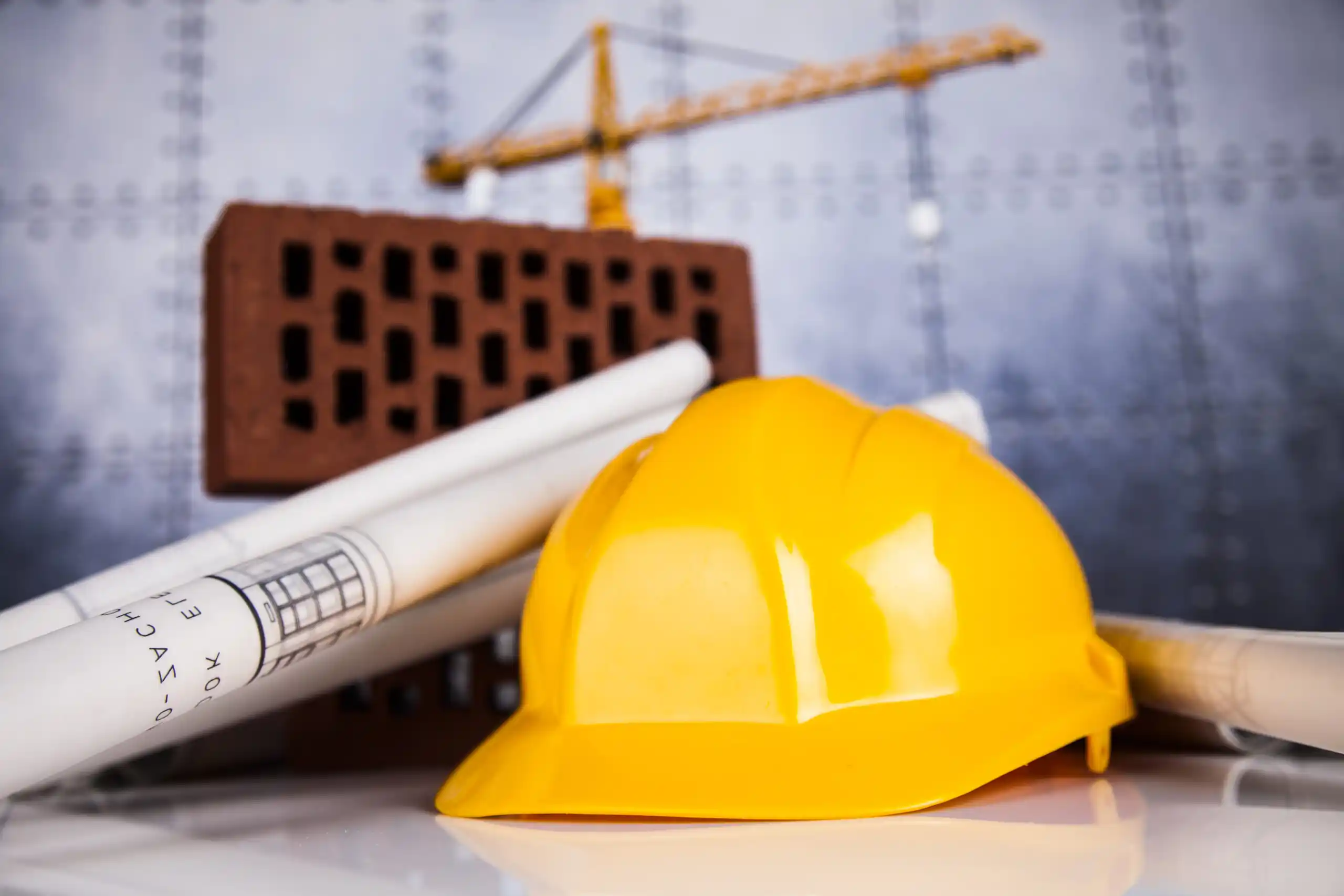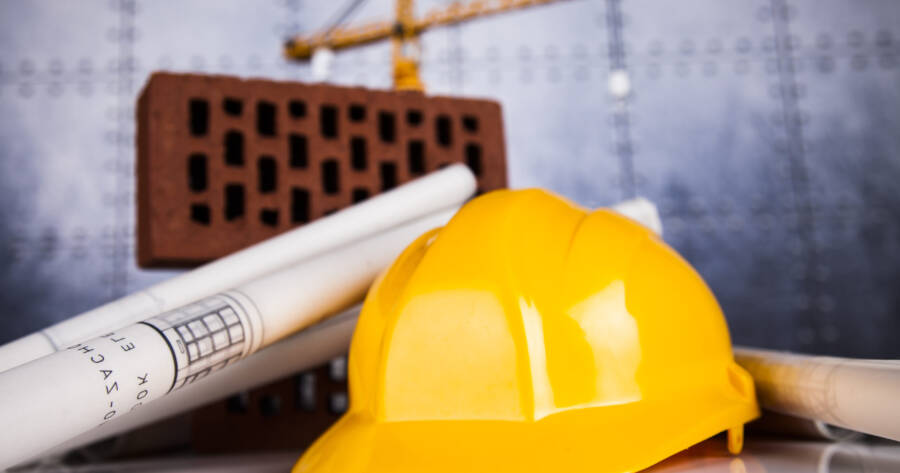Contractor liability insurance protects general contractors against lawsuits that may arise when they are working on a construction job. It can cover anything from a smaller home repair to a larger infrastructure project. Oftentimes, lawsuits can occur when someone is injured on a job site or a property is accidentally damaged during construction. In many cases, the general contractor responsible for the work area is held liable for these injuries or damages.
Contractor liability insurance covers “construction areas and projects under the care, custody and control of a general contractor.” It covers legal claims, judgments, and settlements that may occur during a construction project. It often provides some coverage for after a project is completed, as well. In many instances (like government contracts, for example), a general contractor is required to show proof of insurance before they will be awarded a job. Similarly, subcontractors may also be required to show their own liability insurance before starting work on a construction project.
On residential construction jobs, both the property owner and general contractor should ensure that each party has the appropriate amount of insurance coverage. That probably includes homeowners insurance, premise liability, contractor liability, and builders risk insurance. It’s important for both general contractors and homeowners to ensure that they are covered if something goes wrong during a renovation, repair, or any other work.
Coverage Types
Contractor liability insurance usually covers a variety of possible incidents or accidents. It typically covers bodily injury (including medical expenses), property damage (paying for any damages caused by a contractor, their employees, or subcontractors), and product or equipment coverage. This last one is triggered if damage is caused by equipment or products installed by the contractor that malfunction or were not installed correctly.
Taken together, these coverages protect general contractors. They ensure they won’t be harmed financially should any legal action be taken against them. Contractor liability insurance can be purchased by general contractors, subcontractors, and even property owners who are acting as their own general contractor on a home construction project.
Who Needs Coverage?
Contractor liability insurance is needed mostly by general contractors. However, subcontractors should also maintain their own insurance to protect themselves. If a subcontractor does not have insurance of their own, then a general contractor could be held liable for any damages they cause. Contractor liability insurance covers many different types of work, including the following things.
- Renovations and repairs.
- Installations such as windows and flooring.
- Heating and air conditioning systems.
- Roofs.
- Drywall and plaster.
- Landscaping.
- Painting.
- Plumbing.
Is Contractor Liability Insurance Necessary?
While some contracts may stipulate that a general contractor must have their own liability insurance, it’s usually not a legal requirement in most U.S. states. That said, it’s recommended that general contractors have liability insurance to protect themselves. No matter how careful workers are, unexpected accidents can still happen. If someone gets injured or property ends up damaged, a contractor could be taken to court to make restitution. It could be an employee, subcontractor, or even the homeowner seeking damages. This would be a very costly process for any contractor. With contractor liability coverage, a general contractor protects themselves from this type of expense and stress.
 Shutterstock
Shutterstock







